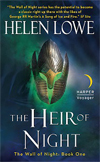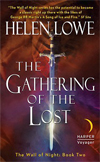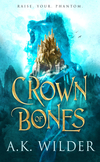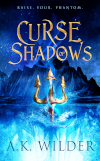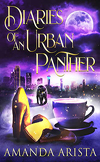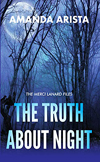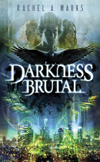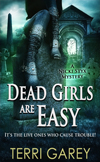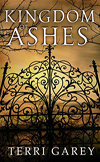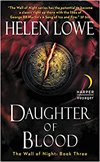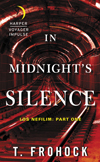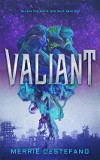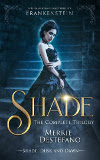.
We love our awesome Supernatural Underground backlist -- and this post by Karina Cooper, now writing as KC Alexander, is a lot of fun. Enjoy!
Reasons Why You Never Want to Make an Author Mad*
 |
KC Alexander
|
by Karina Cooper
Come on, you've seen us. We're all very lovely people, us authors. We
smile at the cameras, sign books, hug fans, and so on. Surely, making an
author mad must be akin to swatting at a dust bunny, right? I mean, what are we going to do? Cry into our keyboards?
Well. Sort of.
See, yesterday I found myself in the middle of a task
that I do actually need for this current run of books I'm plotting. And
as I scrolled through pages and pages of data, I thought to myself, Karina, it's a damn good thing your profession is what it is.
Because how else am I to explain why my internet history is full of information on modern day torture techniques?
That's right. Let's talk about reason number one: We know how make you scream.
We've researched it down to the last details—certainly not for
ourselves, oh, no, but what out characters know, we know. And if we're
carrying around a character who is an inquisitor, or a character who was
tortured, or worse, we know.
Would we use it? Oh, of course not, officer! We'd never use this information for evil. We're entertainers, not in the business of making the things we know actually happen. Right?
Heh. Heh heh. Right.
Reason number two to avoid making us angry? We know how to hide the body.
We've thoroughly researched it. Currents, erosion, garbage truck route
details, you name it, we know it. We're a little obsessive when it comes
to details, you might have noticed. After all, how else can we
guarantee that the extra we offed in chapter 4 doesn't come to light
until chapter 15?
The devil is, in fact, in the details.
And speaking of details, let's talk about reason number three: we know things about weapons even the movies get wrong.
In that obsession with details, we'll travel all over the information
highway to get the facts. Which means we know what kind of weapons a
SEAL carries, we know which weapons jam underwater and which can fire in
below freezing temperatures. We know which bullets will turn your brain
into so much pink mist and which will leave a neat little exit wound,
and which sniper rifle will make this easy.
We know about ninja stars, and the different kinds of knives. We know which guns have suppressors and which can be made to have suppressors, and that the potato suppressor doesn't actually work.
Oh, and I certainly don't mean we'd use these tidbits of terminal information on you!
I mean characters, of course! We know how to kill characters. As I
said, we're in the habit of making up stories, not in shaping reality.
Rest easy, dear reader.
Unless, of course, you'd like to make us mad...?
Which brings us to reason number four: Odds are, we have
fans in the police department. No joke! If it's not the boys in blue who
love us, it's the women. Or the wives. Regardless of who or how, the
reality is, we have people who would love to give us alibis.
Wouldn't any of you give me an alibi if I rang you up one
day? "Hey, listen, I'll make a character of your choice and thank you
in the acknowledgements if you just tell these nice people where I was
yesterday. You know, at your house. Watching Friends. And eating cheddar cheese."
Then there's reason number five: You remember school,
when there'd be this rumor going around about "that girl" who did this
one horribly embarrassing thing, and you knew—just knew—that everyone was talking about you?
Imagine having a character based on you. A character who reveals all your secrets—or makes them up. A character who is murdered in the most grisly way. Or a character who survives, but gets exactly what he or she deserves?
Yeah. In our worlds, baby, we're the gods. And we will talk about you in our godly land of godliness.
You don't want that, do you?
So there you are. Five very good reasons not to piss off your favorite authors. Or even your not so favorite authors.
...
To
read the full post, including comments, click here.
To find out more about what Karina's doing now, visit her on kcalexander.com



















